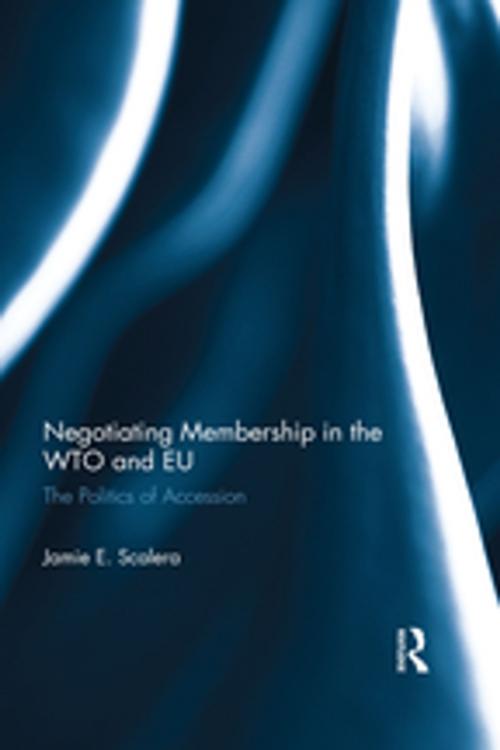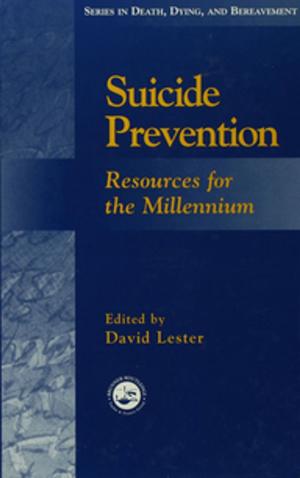| Author: | Jamie E. Scalera | ISBN: | 9781351856737 |
| Publisher: | Taylor and Francis | Publication: | February 17, 2017 |
| Imprint: | Routledge | Language: | English |
| Author: | Jamie E. Scalera |
| ISBN: | 9781351856737 |
| Publisher: | Taylor and Francis |
| Publication: | February 17, 2017 |
| Imprint: | Routledge |
| Language: | English |
With the accession of Afghanistan in 2016, the World Trade Organization (WTO) numbered 164 members with nineteen other states in line to join. The WTO is certainly not alone in its growth though; the Organization for Economic Cooperation and Development (OECD), the North Atlantic Treaty Organization (NATO), and the European Union (EU) are all expanding with dozens of states continuing to negotiate their potential membership. What impact does membership in international organizations really have? Why do some states have a seemingly easy path to joining international organizations while others find the process nearly impossible? What implications do these difficult accession processes have on the domestic and international politics of the acceding states? The author presents the two-level theory of accession, which highlights factors at the domestic level and international organization level, to explain how accession processes in the WTO and EU vary from state to state and the impact of these variations. In so doing, this book provides a unique perspective on the topic of membership in international organizations.
With the accession of Afghanistan in 2016, the World Trade Organization (WTO) numbered 164 members with nineteen other states in line to join. The WTO is certainly not alone in its growth though; the Organization for Economic Cooperation and Development (OECD), the North Atlantic Treaty Organization (NATO), and the European Union (EU) are all expanding with dozens of states continuing to negotiate their potential membership. What impact does membership in international organizations really have? Why do some states have a seemingly easy path to joining international organizations while others find the process nearly impossible? What implications do these difficult accession processes have on the domestic and international politics of the acceding states? The author presents the two-level theory of accession, which highlights factors at the domestic level and international organization level, to explain how accession processes in the WTO and EU vary from state to state and the impact of these variations. In so doing, this book provides a unique perspective on the topic of membership in international organizations.















